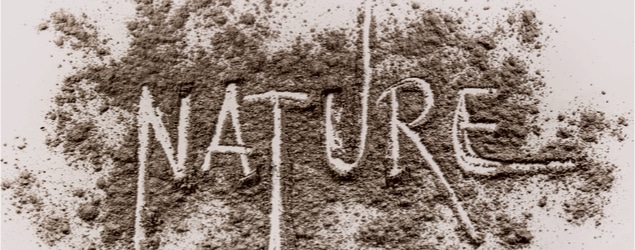Climate of Doubt

On what very well may have been my first day of graduate school, sitting in my first class, our professor began by telling us the story of how he had found an error in a physics text book. This was not any old physics text book, mind you; it was Classical Electrodynamics by John David Jackson, a book that by mere mention, instilled fear in even the smartest and bravest of graduate students.
In my first day of a course with the deceptively simple title “Magnetohydrodynamics I,” my eyes became wide as he described writing a letter to Jackson (THE Jackson!), pointing out this error. Rather than that signifying the abrupt end of our dear professor’s career, Jackson allegedly thanked him profusely, corrected the error in the next edition of the text and offered a prize for any future errors that he or anyone else could find.
It was in this spirit that our professor offered us a similar prize—$1 for any error that we could point out on his lecture transparencies. I didn’t realize it at the time, but I think there was a message in that story. As budding scientists on our first day, he meant to show us how to graciously accept scientific criticism and to remember that no matter what the circumstances and no matter how revered someone may seem to be, truth is always the ultimate goal. Most scientists still have this attitude: we welcome feedback, discussion and criticism because we treat scientific truth as paramount.
Unfortunately, that doesn’t seem to be the case when it comes to the debate surrounding climate change.
In case you missed it, you may want to check out the online version of a recent episode of Frontline entitled “Climate of Doubt.” In the program, reporter John Hockenberry focuses on a growing group of scientists going against the “consensus” on climate change in a David versus Goliath type battle to uncover the truth.
In an effort to accurately characterize the state of the climate, these scientists have pointed out real problems with the way in which data has been collected, what the results of models can or can’t tell us, errors in interpretation and relevant facts and data that may not have been considered.
Far from being offered a prize for their efforts, they are instead rewarded with slurs such as “skeptic,” “denier” or “contrarian.” Some have described jeopardizing their careers for speaking up against the status quo or daring to question the motives of how the debate is presented to the general public. It seems that this debate has turned ugly.
This is not the “spirit of science” that I experienced my first day of graduate school. It no longer seems that truth is the ultimate goal in the climate change debate, and this has led me and some of these so-called skeptics to question what the goal really is.
(P.S. If you look carefully, you will see a photo of Ayn Rand and a copy of Free Market Revolution during the program.)



